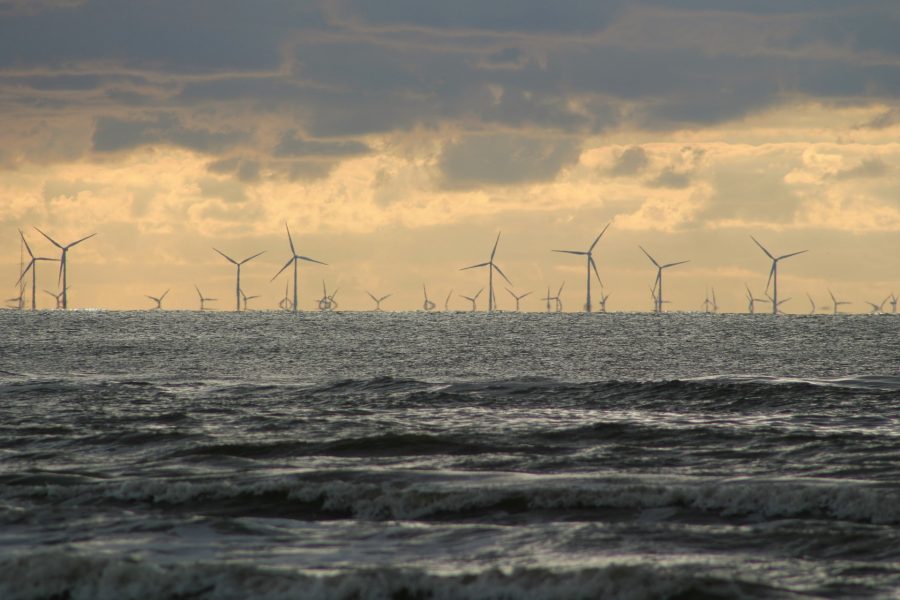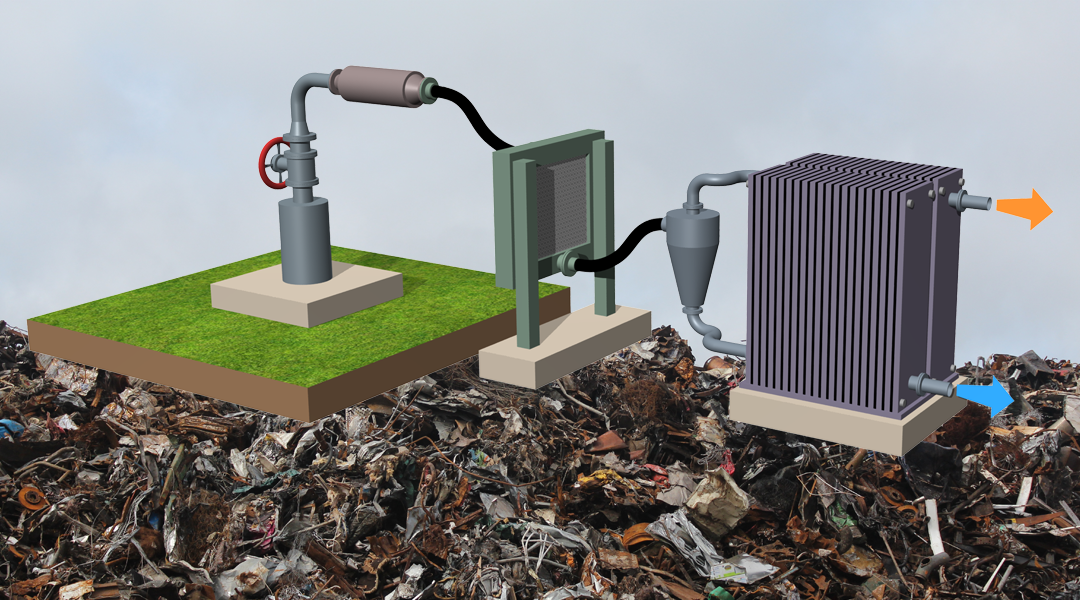Technology Needs Assessments are discussed as a useful part of the preparation of nationally determined contributions for all countries.



Technology Needs Assessments are discussed as a useful part of the preparation of nationally determined contributions for all countries.

A review of the role of olivocochlear neuron development in human hearing.

Highlighting the possible development of offshore networks in the North Sea.

Waste carbon could displace about 10 percent of the petroleum imported by the US, while simultaneously consuming wastes that are now economically or environmentally burdensome.
Where should charging stations be placed for electric vehicles?
Multiple socio-cultural and political imaginaries associated with the urban riverscapes, in India, are emphasizing the religious symbolism(s) of the river, and recently, are transforming riverscapes into sites of capital accumulation.
Electrification planning in rural areas and in developing countries most often relies on the outputs of specialized analytical tools that support geographically-referenced analyses
Small solar systems seem to have a significant impact in terms of quality of life for their users and in helping them to keep connected to the global world.

Polymer therapeutics represent promising novel chemical entities under development for addressing CNS disorders, in which intravenous and intranasal administration are the most appealing strategies to achieve this paramount goal.

A study recently published in WIREs Climate Change summarizes the findings of 39 empirical studies testing why people do not like carbon taxes.